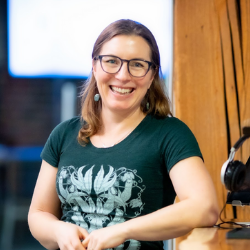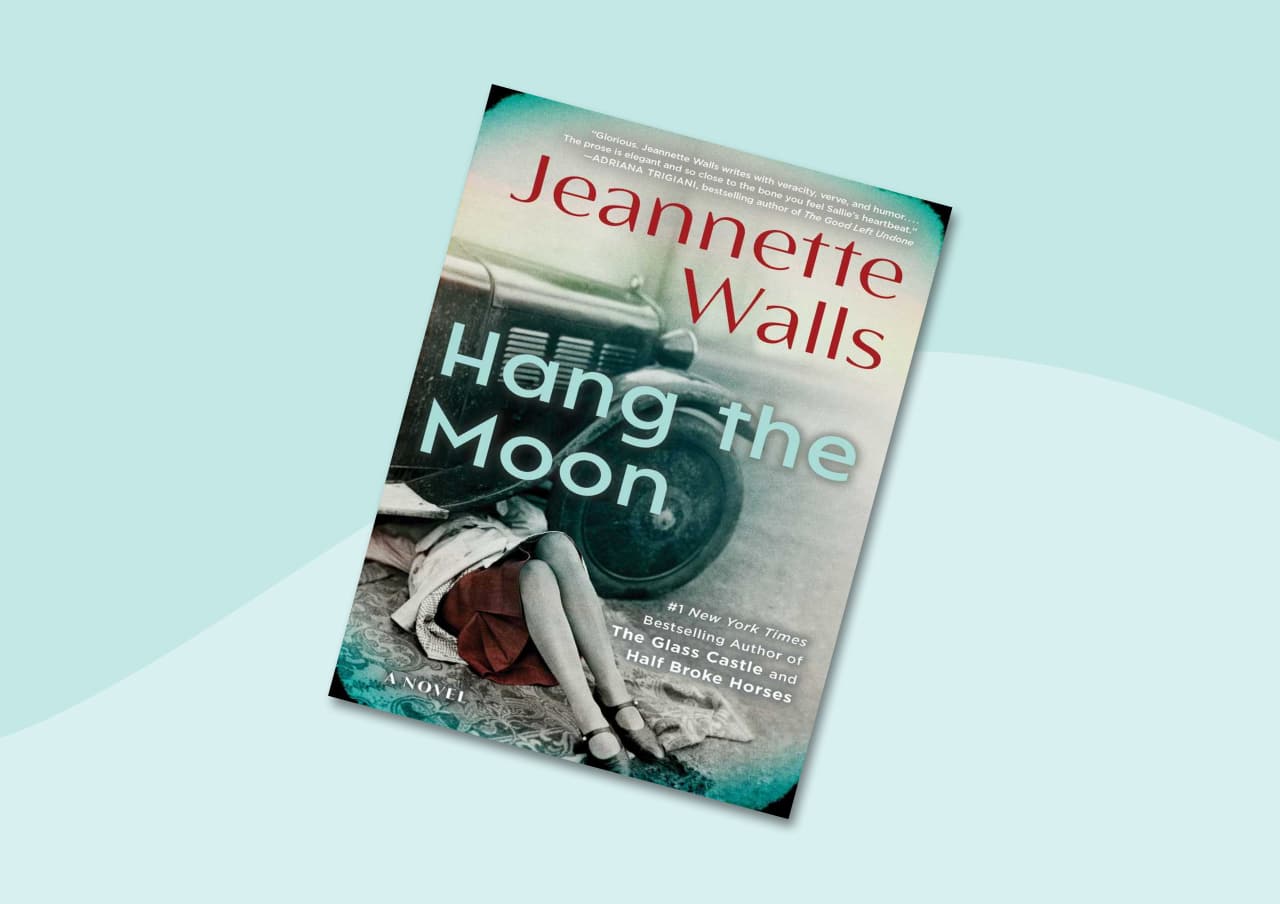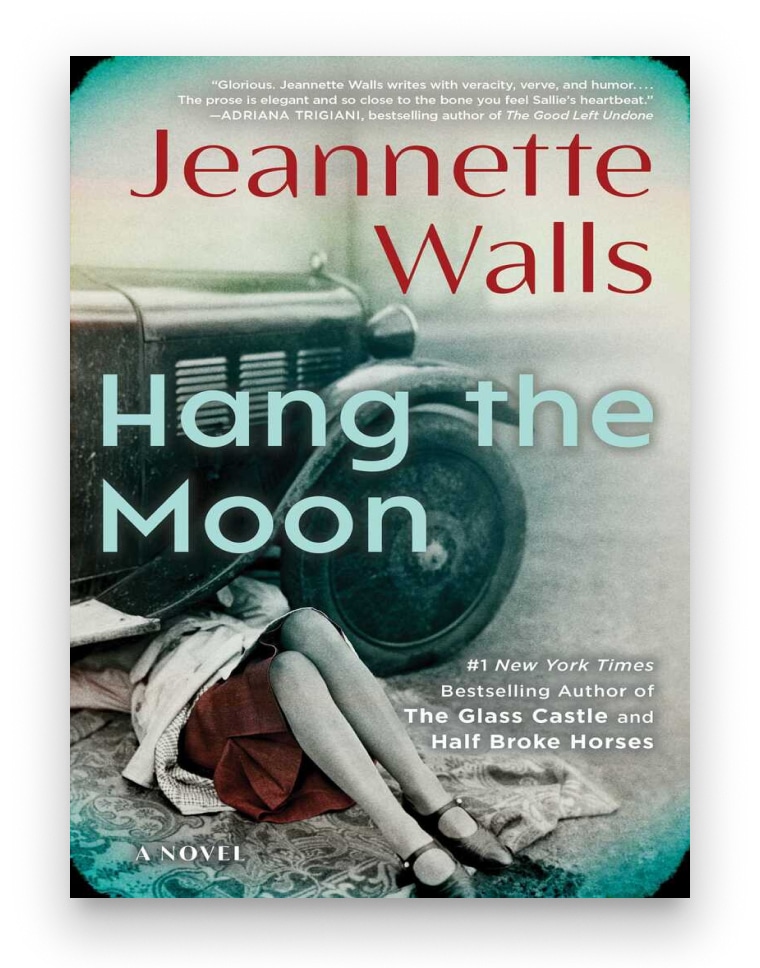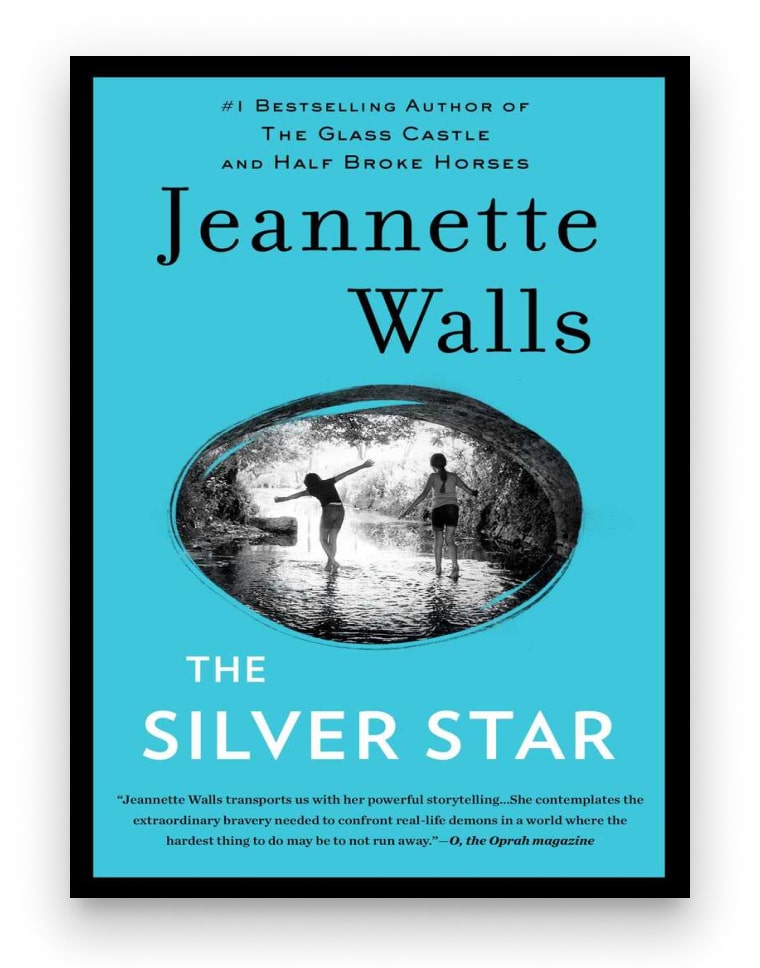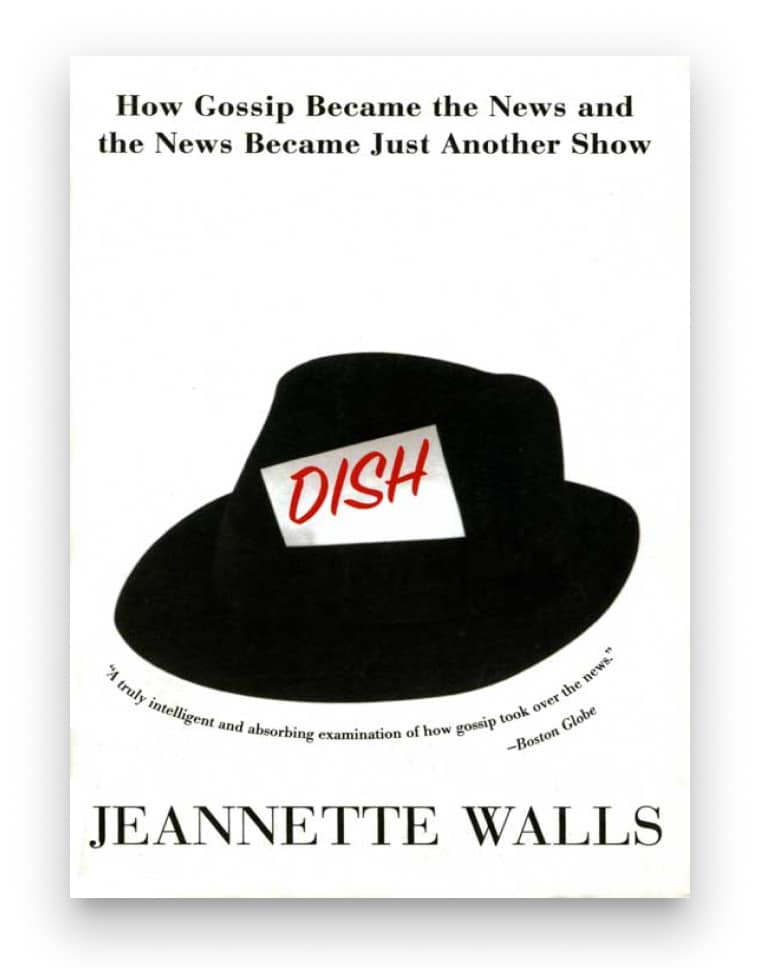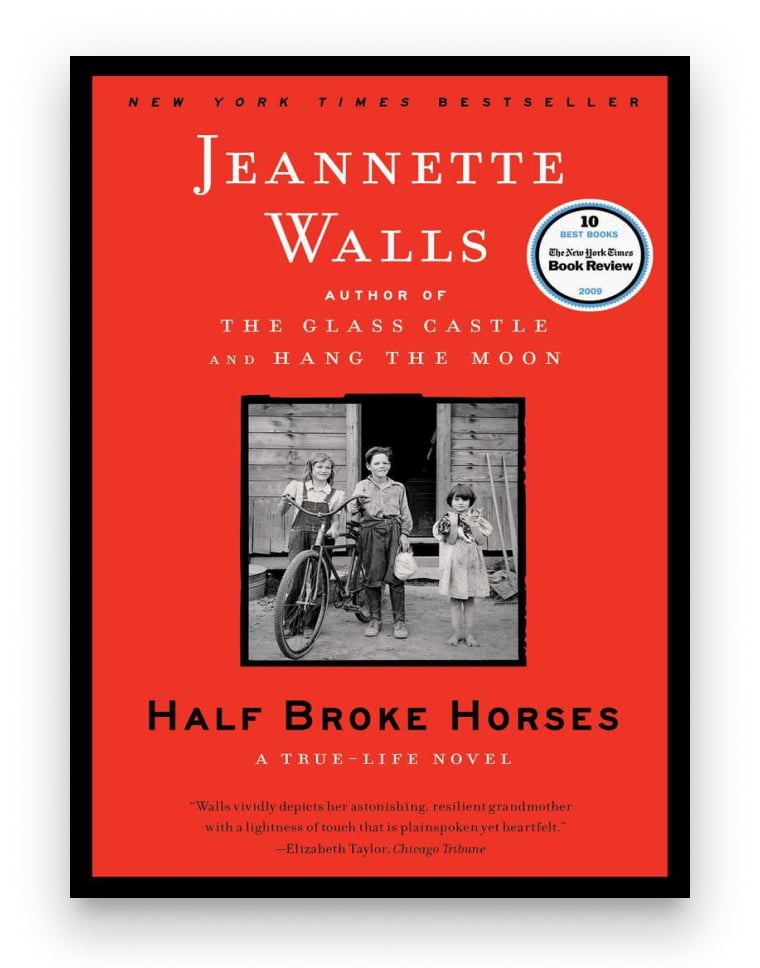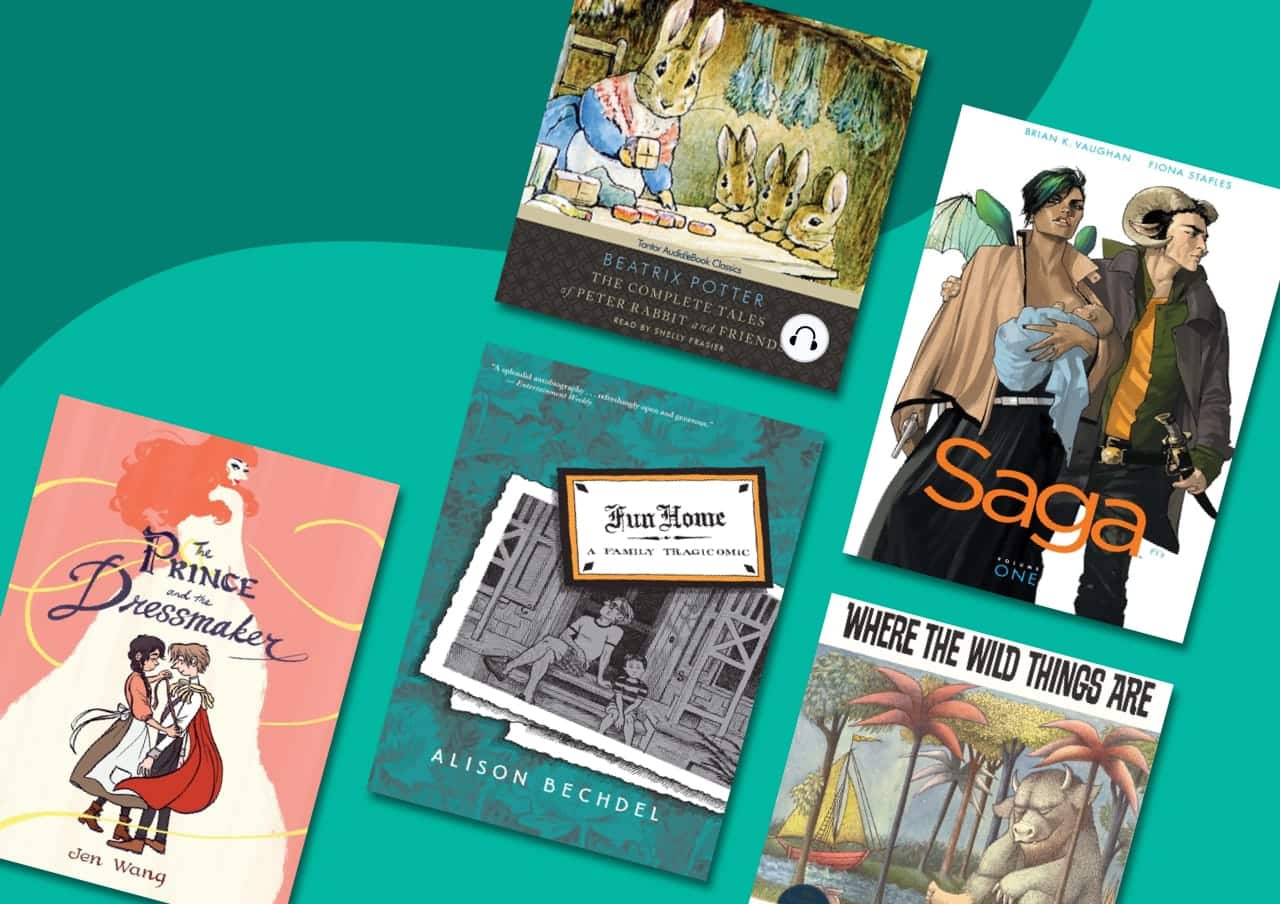
With millions of copies sold and a film adaptation starring Brie Larson, The Glass Castle — the author Jeannette Walls’ memoir — wowed the world. Witty storytelling turns her less-than-blissful childhood into an engaging read and demonstrates that, dysfunctional as her nomadic upbringing was, Walls’ experiences molded her into the strong force she is today. In her new book, Hang the Moon, the former journalist turns to historical fiction set in Prohibition-era Virginia. Starring a strong young woman with ambitions to take over her father’s whiskey empire, the novel takes readers on a wild, captivating ride.
Here, Walls shares what inspired her to write Hang the Moon, walks us through her research process, and recommends some of her favorite books.
Your latest novel, Hang the Moon, stars a woman with ambitions to take over her father’s whiskey empire during Prohibition. What inspired you to write about this topic?
Jeannette Walls: I love stories about families, how they sustain us and can give our lives meaning, but can also thwart and pigeonhole us. I wanted to explore how a strong, dynamic young woman copes when the men are the ones who take over the family business. And, on the flip side, the path of a sensitive, not-ambitious young man born into the same family. I was drawn to Prohibition because it was such a transitional time in America. I suppose all periods are transitional, but in the 1920s, middle-class Americans were getting access to life-changing technologies such as electricity and automobiles. And with change comes anxiety, fear of that change. In 1920, one amendment gave women the right to vote and another amendment took away people’s right to buy and sell liquor. It was a time of overwhelming contradictions when America was trying to figure out its path, and I thought it would be a great setting for a story about a young woman trying to figure out her path.
You write both fiction and nonfiction, including your family memoir The Glass Castle. What surprises you most about the differences between telling your family’s story versus telling fictional stories?
Jeannette Walls: I guess what surprised me the most is that there’s not as much difference between fiction and nonfiction as I used to think. Most fiction — at least the type I’m drawn to — is deeply rooted in fact. With nonfiction, there’s a map of incidents and the writer can choose the path that she feels best tells the story. With fiction, the writer can take liberties, carve out new paths, but has to hope to heck it all leads to a satisfying and convincing conclusion.
How do you research your books?
Jeannette Walls: Deeply and obsessively. And probably excessively. I love research and Hang the Moon almost did me in. I read three books on early baseball for the background of one character, I have about a dozen cookbooks from the period even though none of the recipes made it in. I researched the origin of navel oranges and the history of flypaper. I double-checked when and where every single curse word or colloquial phrase I used entered the lexicon. I also wanted to make sure that each scene in Hang the Moon could have happened in Virginia in the 1920s, so to get the details of the business right, I relied heavily on period newspaper accounts. Also useful were court transcripts for what was called the Great Moonshine Conspiracy, in which most of the residents of Franklin County, Virginia were involved in the illicit liquor business during Prohibition. One blockade runner – known as the fastest, fiercest, most fearless driver in all of Franklin County – was a woman, Willie Carter Sharpe. My main character, Sallie Kincaid, is not based on her, but I don’t think I would have dared create a woman moonshine runner unless there was an historical precedent. That’s one of the challenges of fiction versus nonfiction, you have to keep asking yourself, “Could this really have happened? Is it believable?” If it’s not, the fictional world the writer has created seems false — and the spell is broken. Even though it’s made up, it has to feel true.
For fans of your books who are looking for more stories about the topics and themes you write about, do you have any recommendations for books or podcasts?
Jeannette Walls: Reading A Tree Grows in Brooklyn when I was 10 years old was a game-changer. I still suggest it to young readers, as well as older ones who will no doubt grasp some of the nuances about the parents that I missed the first time around. The Grapes of Wrath was also an early favorite. I read it when I was around 12, pretty much friendless, and I felt a real kinship with the Joad family. I also love and often recommend Angela’s Ashes by Frank McCourt. And Anywhere But Here by Mona Simpson. I recently finished Reading My Father, by Alexandra Styron, and was simply blown away. It’s funny, our childhoods were so different, her story is almost the opposite of The Glass Castle, but her writing is so powerful yet tender, her insights so profound, that she fully conveys what it was like to have an iconic, complex man like William Styron as a father, both the light and the dark of it. That, in my opinion, is the magic of storytelling at its best.
What do you read or listen to when you’re looking for inspiration and/or distraction while writing?
Jeannette Walls: Nothing. If music’s on when I’m writing, I shut it out. Simply don’t hear it. I have learned to severely restrict my reading while I’m writing. If I’m reading fiction or highly stylized nonfiction, I find that the author’s style creeps into my own writing, So I have to read histories or biographies or such. Which I love.
How did your experience as a journalist inform your work writing books?
Jeannette Walls: I think working in journalism is the reason I’ve never had writer’s block. I’m used to writing on a tight deadline, and I don’t fret much about whether it’s any good. I just write. The great luxury of book writing versus journalism is that now I have time to rewrite, do a second draft. And a third. And…
If you could swap jobs with any character, real or fictional, who and what would it be?
Jeannette Walls: The profession I most admire is teaching. Good teachers, those who give students a passion for learning, transform so many lives. And I am incredibly lucky because from time to time, I do get to swap jobs with teachers. They invite me into their classrooms — middle schools, high schools, community colleges, graduate courses — and I share what I know about writing, about storytelling, about not being afraid of putting your thoughts into words. And sometimes, afterwards, the teachers tell me that I would have made a good teacher. That is very high praise.
What’s a question you wish interviewers would ask you?
Jeannette Walls: I tell interviewers and readers alike: ask me anything, nothing is off limits. People have astonished me with their wisdom and honest curiosity. They constantly surprise, delight, and impress me. They have pushed me to think deeper, to be more candid, to reconsider things I thought I knew. I couldn’t possibly suggest any improvement on the questions I’ve already been asked.
